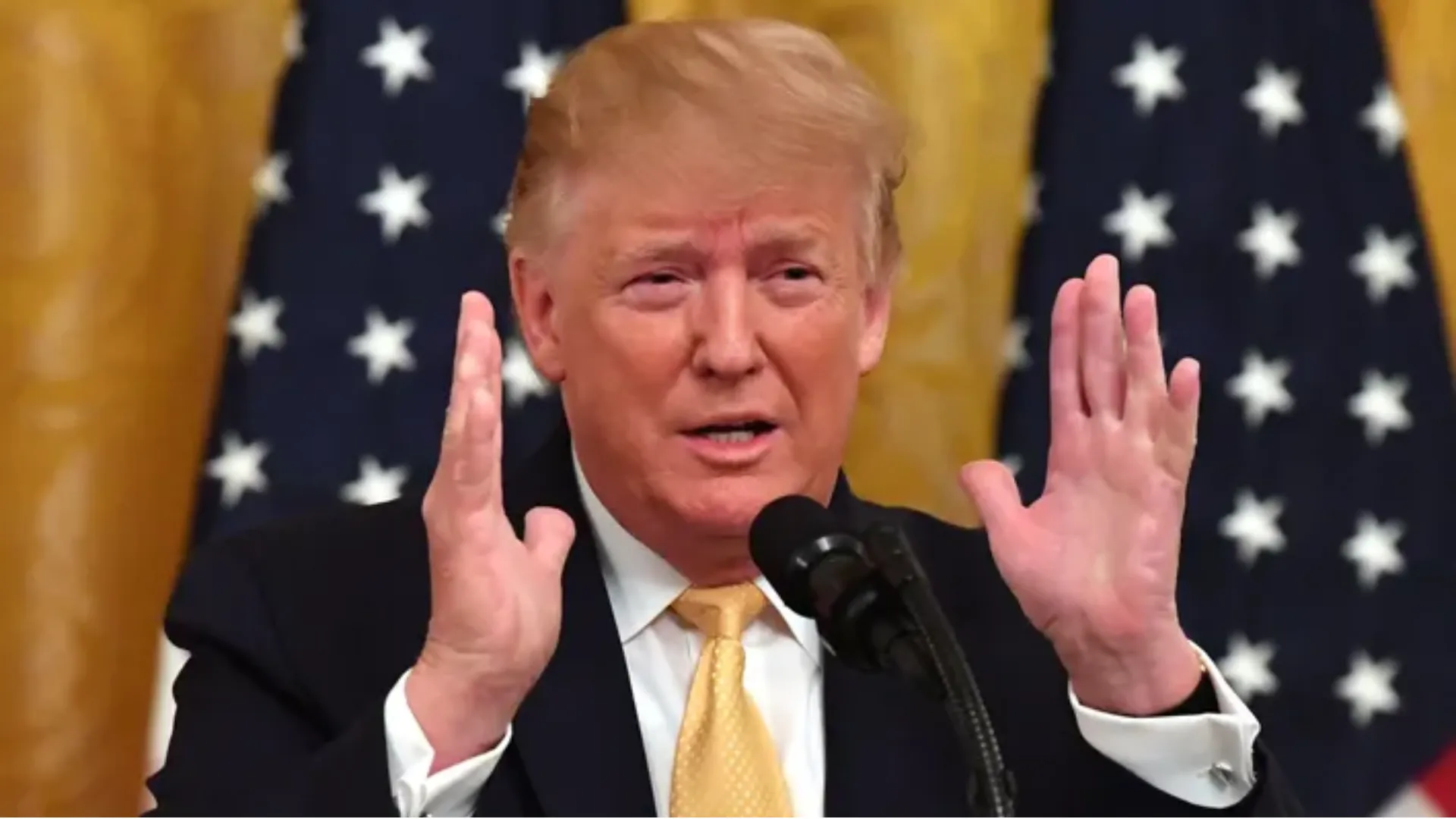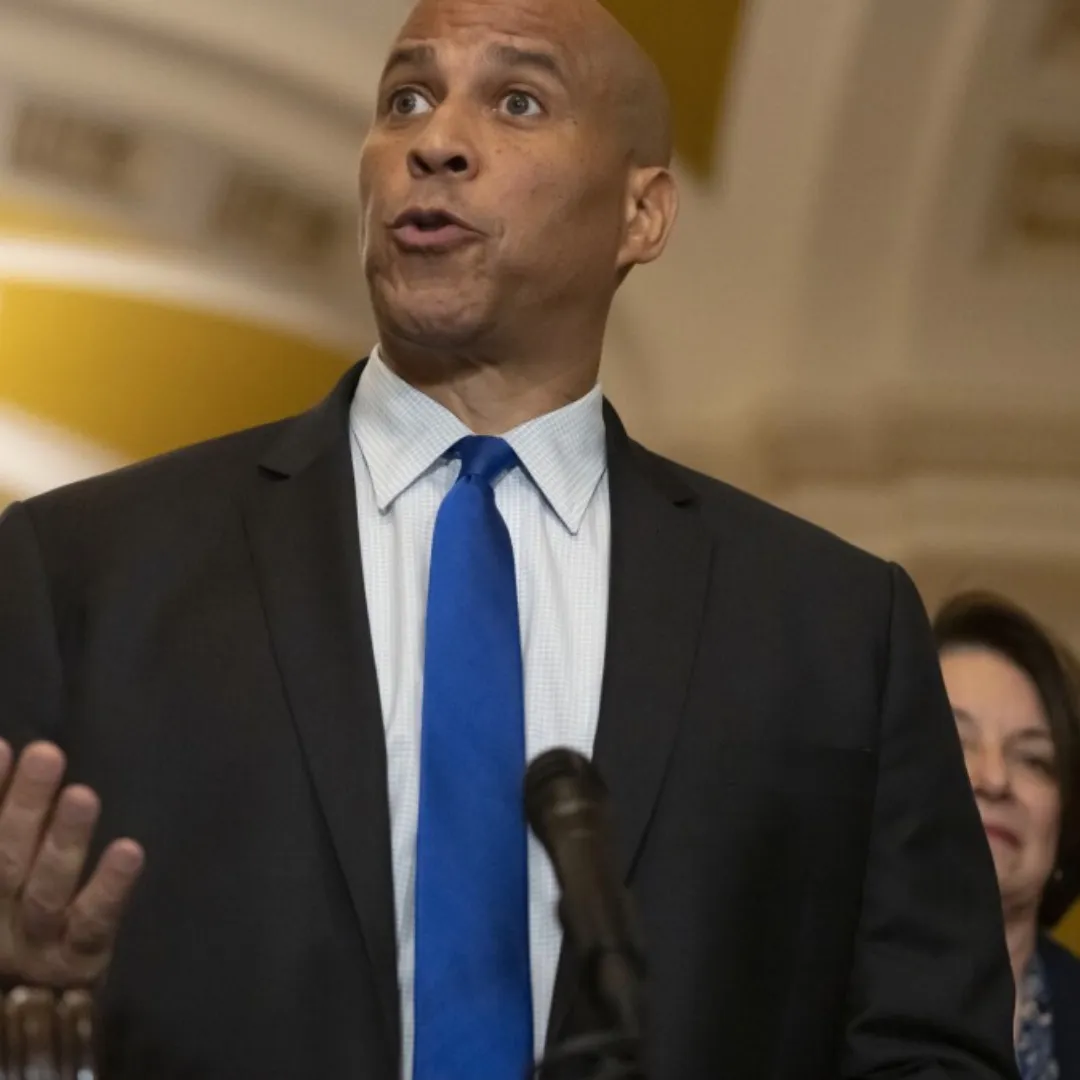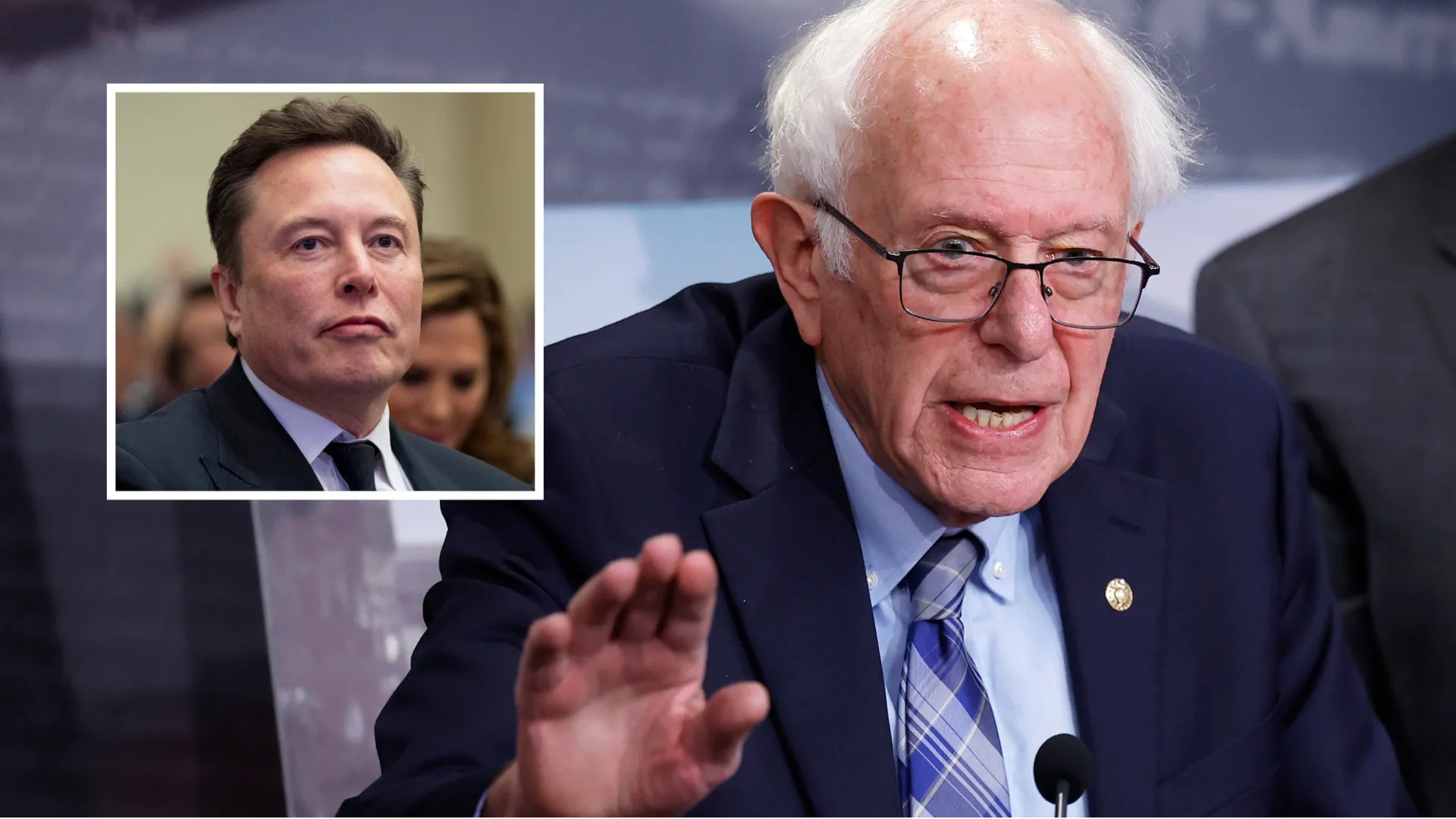
President-elect Donald Trump announced on Friday his nomination of Rep. Lori Chavez-DeRemer, R-Ore., for Secretary of Labor, touting her as a champion for American workers.
In his official statement, Trump praised Chavez-DeRemer’s ability to bridge the gap between business and labor, promising a new era of prosperity for working families. “Lori has worked tirelessly with both Business and Labor to build America’s workforce, support the hardworking men and women of America, and create tremendous opportunities,” Trump wrote, framing her nomination as a step toward restoring the American Dream.
However, many Americans remain unconvinced that Trump’s policies or his appointees will deliver on these lofty promises.
While Trump lauded her backing by the influential Teamsters union, a move he hopes will solidify his appeal to the working class, skepticism lingers about whether his administration will actually improve conditions for laborers or simply use symbolic gestures to court political support.
Chavez-DeRemer, who lost her re-election bid in Oregon earlier this month to Democrat Janelle Bynum, is relatively new to the national stage, having first been elected to Congress in 2022.
Her nomination is notable as she becomes the fourth current House Republican tapped for Trump’s incoming administration. However, like the rest of Trump’s Cabinet picks, her ability to affect meaningful change is already being questioned.
Sean O’Brien, General President of the International Brotherhood of Teamsters, expressed optimism on social media, praising Trump’s decision and Chavez-DeRemer’s potential. “Nearly a year ago, you joined us for a @Teamsters roundtable and pledged to listen to workers and find common ground to protect and respect labor in America. You put words into action,” O’Brien posted. Yet for many Americans, these sentiments ring hollow.

Trump has a history of making grand promises to the American workforce that have often fallen short of reality. His first administration focused heavily on deregulation, corporate tax cuts, and pro-business policies, which critics argue disproportionately benefited the wealthy rather than the middle-class families he claims to champion.
Chavez-DeRemer’s nomination comes at a time when trust in Trump’s ability to deliver for working Americans remains fragile, if not outright nonexistent.
For those skeptical of Trump’s intentions, the nomination appears more like a calculated political move than a genuine effort to reform labor policy.
The endorsement from the Teamsters union, a historically Democratic stronghold, is undoubtedly a strategic coup for Trump as he eyes reelection in 2024. But whether this signals a genuine commitment to workers’ rights or simply a cynical play for votes is up for debate.
Trump’s rhetoric about creating "historic cooperation between Business and Labor" and making America “richer, wealthier, stronger, and more prosperous” feels recycled to many, echoing the same promises he made in 2016.
Despite these claims, wage growth has stagnated for many Americans, and income inequality continues to widen. Chavez-DeRemer’s nomination may offer a glimmer of hope to some, but for the majority, it seems like just another chapter in a well-worn narrative of promises without results.
As Trump builds his new administration, Americans are rightfully cautious. His track record leaves much to be desired, and while he touts Chavez-DeRemer as a unifying force for labor and business, it’s hard to ignore the nagging question: Can this administration actually deliver? For many, the answer remains a resounding “no."



-1744480934-q80.webp)